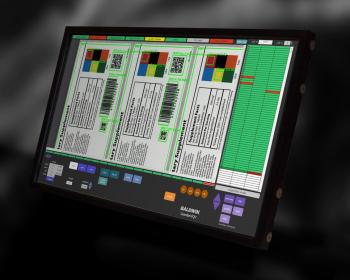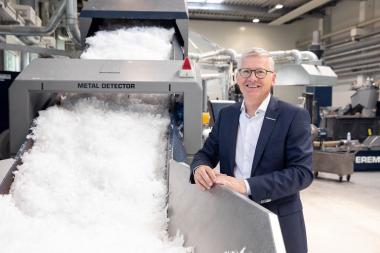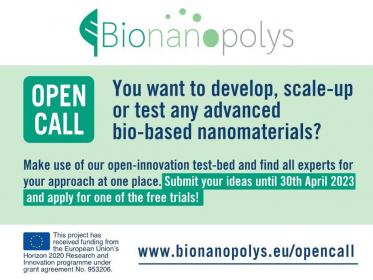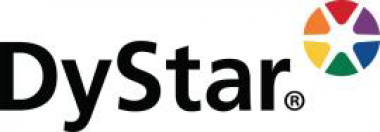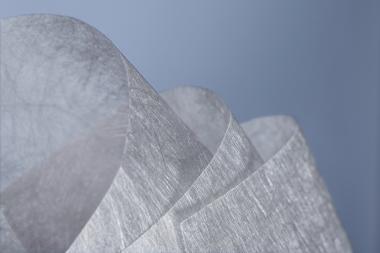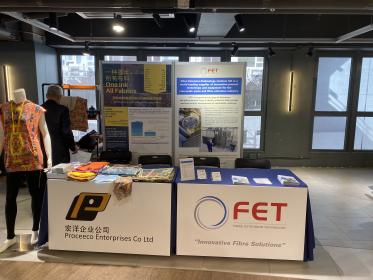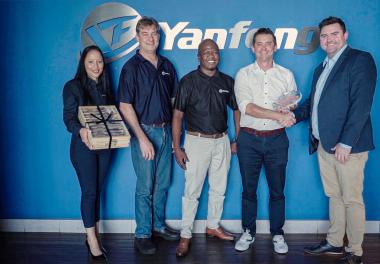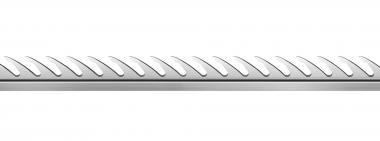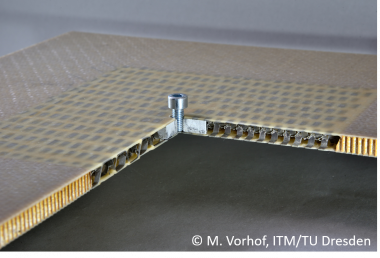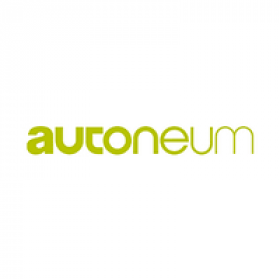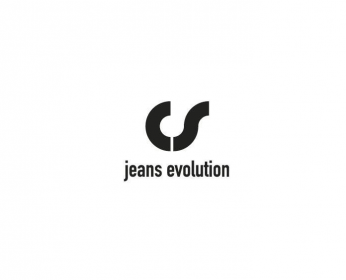Baldwin presents range of technologies at Graphics Canada
Baldwin Technology Company Inc. will introduce its range of technologies at Graphics Canada, which will take place at the Toronto International Centre, May 11-13.
Solutions to be discussed at Graphics Canada will include corona surface treatment systems, automated cylinder cleaning systems, LED-UV curing, roto-spray systems, and technologies for color management and defect detection.
Baldwin’s AMS Spectral UV-brand LED UV technology offers a high curing intensities available for printing. Benefits of LED UV include a 65% reduction in energy consumption, reduced costs related to parts and service, increased productivity and greater effeciency stemming from the lack of waiting for lamps to warm up or cool down
In addition, Baldwin is a leading provider of corona surface treatment systems that are used to achieve better adhesion of process liquids like inks and coatings to substrates as part of printing and industrial production processes
Rounding out its technology, Baldwin’s cleaning solutions automatically and safely clean cylinders, blankets and plates used in various production processes, and tackle cleaning tasks like hickey-picking, end-of-run plate cleaning, blanket cleaning and film cylinder cleaning.
Common to all the technologies is that they increase productivity, reduce waste, improve working conditions and provide full control of producing flawless products. With easy automation and compatible software, Baldwin’s technologies are seamlessly integrated with one another.
Baldwin Technology Company Inc. Baldwin Graphics Canada Corona cleaning systems digital printing
Baldwin Technology Company Inc.


